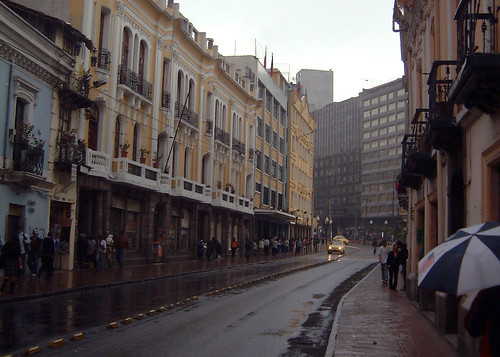As a social bookmarking and tagging tool, the "Del.icio.us" website is simply amazing. Since it is web based, you can look at your bookmarks from any computer that provides Internet services. However, the power is in how it organizes and categorizes and then shares bookmarks.
The key is in folksonomy or tagging. These tools categorize web pages and information retrieved from an unlimited resource - the Internet. Although tagging is "unstructured and freeform," and driven by the choices of its users, tagging can help categorize topics.
The bookmarking and tagging capability on "Del.icio.us" makes it an asset as a reference tool. You can keep links to materials you find on the Internet - including articles. You can also see how others categorize or tag articles of interest to you. In sharing bookmarks, you can connect to other users bookmarks and find articles that may be important for your research. Sharing bookmarks and tags is the key to the power of "Del.icio.us"
In searching through Library sites that use "Del.icio.us,"I found the San Mateo Public Library's "Del.icio.us" page. Under their "libraries" tag, I found a fascinating link to the British Library. I was able to use "Turning the Page" to leaf through sketches in one of Leonardo's notebooks and listen to music from work penned by Mozart. Libraries can use this social bookmarking site to help bookmark and catagorize web information that would be of interest to their customers. It is in sharing the bookmarks that Libraries are able to work together in discovering sites and articles of interest.

